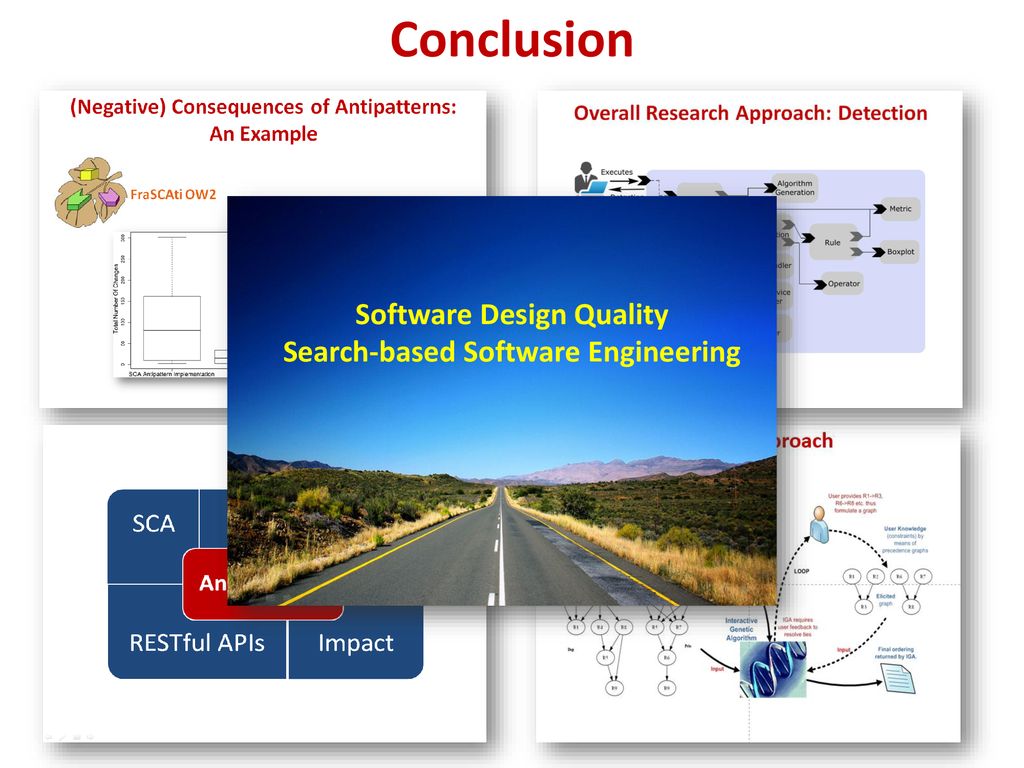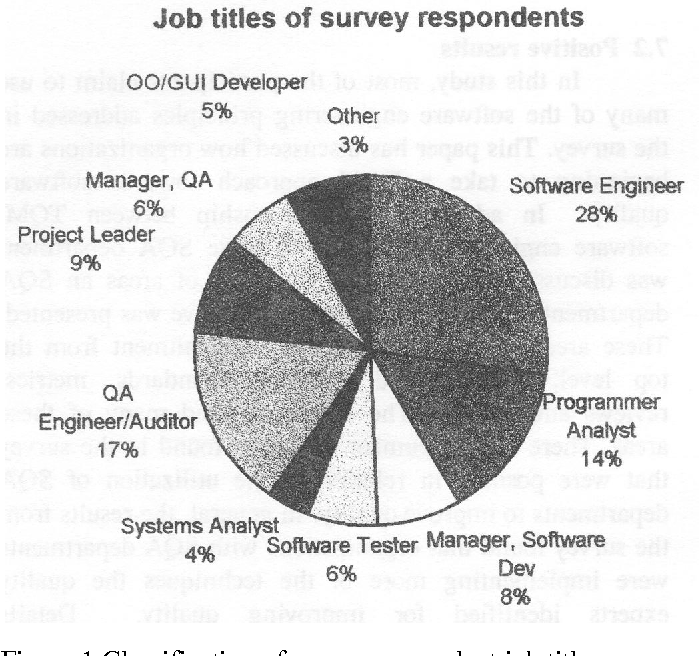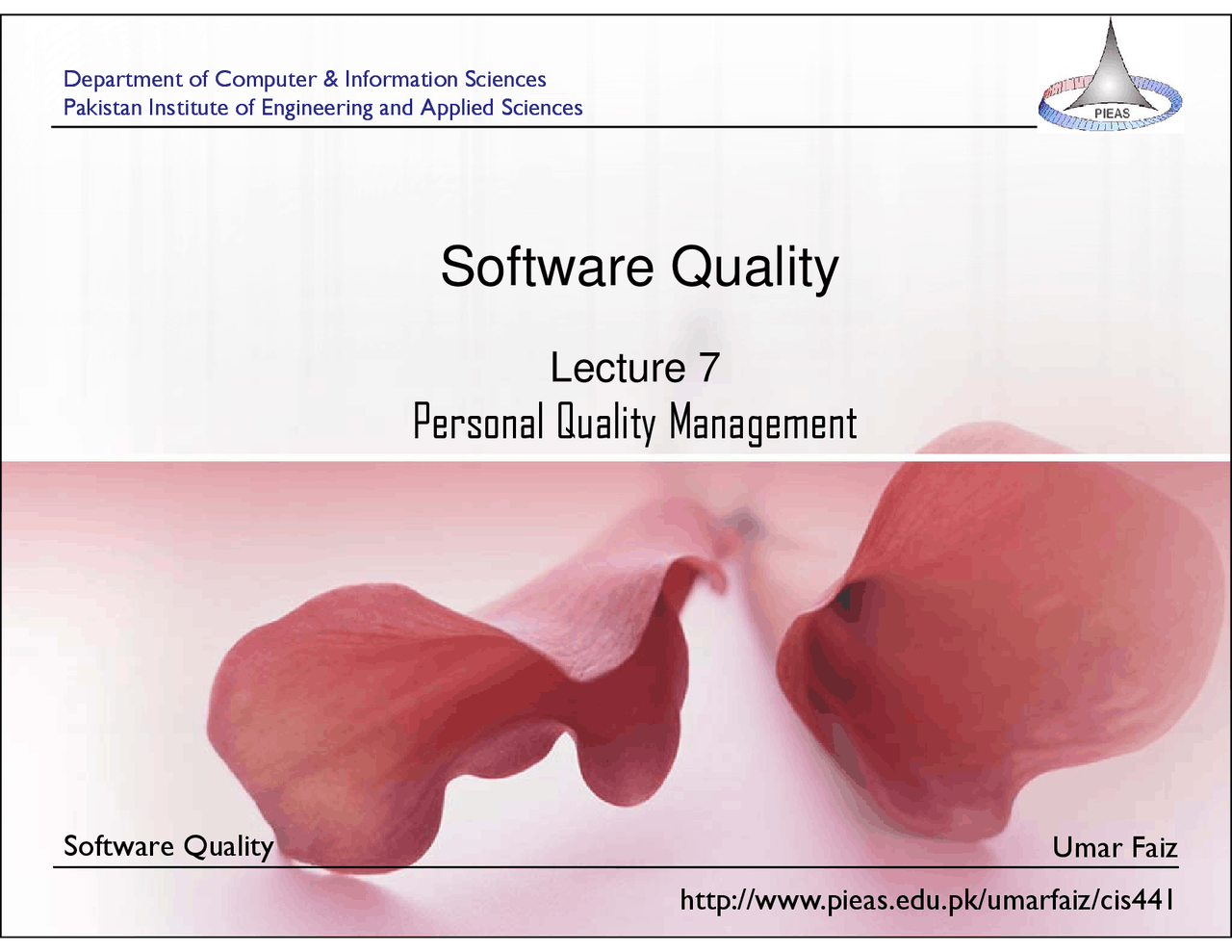Research on software quality university delves into the importance of academic studies on software quality, exploring methodologies, collaborations between universities and industry, as well as challenges and opportunities in this field. This comprehensive overview aims to shed light on the critical role universities play in shaping software development practices.
Importance of Research on Software Quality at University Level: Research On Software Quality University
Research on software quality at universities plays a crucial role in advancing the field of software development. By conducting in-depth studies and experiments, researchers can uncover new insights, techniques, and best practices that can significantly impact the software industry.
Enhancing Software Development Practices
University research on software quality can lead to the development of innovative tools and methodologies that can help software developers create more reliable, secure, and efficient software products. For example, researchers may discover new testing techniques or quality assurance processes that can help identify and eliminate defects early in the development lifecycle, ultimately leading to higher quality software products.
Furthermore, university research can also contribute to the standardization of software quality metrics and guidelines, providing a common framework for evaluating and improving software quality across different organizations and industries. This standardization can lead to greater consistency and reliability in software development practices, benefiting both developers and end-users.
Driving Innovation and Competitiveness
Research on software quality at the university level can drive innovation within the software industry by pushing the boundaries of what is possible in terms of software development. By exploring new technologies, methodologies, and approaches, researchers can inspire industry professionals to think creatively and adopt cutting-edge practices that can give them a competitive edge in the market.
Moreover, university research can also foster collaboration between academia and industry, creating opportunities for knowledge sharing and technology transfer. This collaboration can lead to the development of mutually beneficial partnerships that drive innovation, enhance competitiveness, and ultimately benefit both the academic and industrial sectors.
Methods Used in Research on Software Quality

In the field of software quality research, various methodologies are utilized to study and evaluate the quality of software products and processes. These methods help researchers gather data, analyze findings, and draw meaningful conclusions to improve software quality standards.
Common Research Methodologies
- Experimental Research: Involves conducting controlled experiments to test hypotheses and measure the impact of specific variables on software quality.
- Case Study Research: Focuses on in-depth analysis of real-world software projects to understand quality issues, challenges, and best practices.
- Survey Research: Involves collecting data from a large sample of software developers, users, or experts to gain insights into perceptions and experiences related to software quality.
Quantitative vs. Qualitative Research
Quantitative research involves collecting and analyzing numerical data to quantify relationships and patterns, while qualitative research focuses on exploring subjective experiences, behaviors, and motivations. In the context of software quality research:
- Quantitative Research: Utilizes metrics, surveys, and statistical analysis to measure software quality objectively and identify trends or correlations.
- Qualitative Research: Involves interviews, observations, and open-ended surveys to understand the context, opinions, and experiences of stakeholders regarding software quality.
Significance of Empirical Studies
Empirical studies play a crucial role in evaluating software quality as they provide real-world data and evidence to support research findings and recommendations.
- Empirical studies help validate theoretical models and hypotheses in software quality research by testing them in practical settings.
- By collecting empirical data through experiments, surveys, and case studies, researchers can gain insights into the factors influencing software quality and make informed decisions for improvement.
Collaboration between Universities and Industry in Software Quality Research
Collaboration between universities and industry partners is crucial in advancing research in software quality. By working together, academia and industry can combine their expertise to address real-world challenges and develop innovative solutions.
Successful Industry-University Partnerships
- One successful example of collaboration is the partnership between Carnegie Mellon University and Microsoft. Together, they have conducted research on software testing techniques and quality assurance methods, leading to the development of new tools and frameworks.
- Another notable collaboration is between Stanford University and Google. Through joint research projects, they have explored topics such as software reliability and performance optimization, resulting in valuable insights for both academia and industry.
Advantages of Collaboration
- Access to Resources: Universities can leverage industry partners’ resources, such as funding, data, and expertise, to conduct high-impact research in software quality.
- Real-World Relevance: Industry collaborations ensure that research outcomes are applicable to practical scenarios, enhancing the impact and relevance of academic studies.
- Knowledge Exchange: Collaborations facilitate the exchange of knowledge and best practices between academia and industry, leading to mutual learning and growth.
- Talent Development: Joint projects provide students with valuable opportunities to work on real-world problems, preparing them for careers in the software industry.
Challenges and Opportunities in Research on Software Quality

Research on software quality faces several challenges that researchers need to navigate in order to make advancements in the field. At the same time, there are various opportunities that can be leveraged to drive progress and innovation in software quality research. By understanding these challenges and opportunities, researchers can maximize their efforts and contribute meaningfully to the field.
Key Challenges in Research on Software Quality
- The complexity of modern software systems poses a significant challenge for researchers, as ensuring quality across intricate systems can be a daunting task.
- Measuring software quality objectively and accurately remains a challenge, as quality metrics may vary based on context and stakeholder perspectives.
- Keeping pace with rapid technological advancements and evolving software development practices presents a challenge in maintaining relevance and applicability of research findings.
- Securing funding and resources for software quality research can be a challenge, as it often requires specialized tools, expertise, and infrastructure.
Current Opportunities in Research on Software Quality, Research on software quality university
- The growing adoption of artificial intelligence and machine learning in software development offers opportunities for enhancing software quality through automated testing, code analysis, and predictive maintenance.
- Collaboration with industry partners provides access to real-world data and challenges, enabling researchers to validate their findings and solutions in practical settings.
- The emergence of open-source software and collaborative platforms allows researchers to leverage shared resources, tools, and knowledge to advance software quality research collectively.
- Interdisciplinary research collaborations with experts from fields such as psychology, human-computer interaction, and data science offer opportunities to explore new dimensions of software quality beyond technical aspects.
Recommendations for Overcoming Challenges and Maximizing Opportunities
- Invest in interdisciplinary collaborations to bring diverse perspectives and expertise to address complex software quality challenges effectively.
- Embrace new technologies and methodologies such as DevOps, continuous integration, and automated testing to streamline software quality research processes and enhance outcomes.
- Engage with industry partners and stakeholders to understand real-world needs and challenges, ensuring research findings are practical and impactful.
- Prioritize knowledge sharing and collaboration within the research community to accelerate progress and avoid duplication of efforts in software quality research.
Final Review

In conclusion, research on software quality university is a dynamic field with immense potential for growth and innovation. By addressing challenges, fostering collaborations, and leveraging opportunities, researchers can drive significant advancements in software quality standards and practices.
